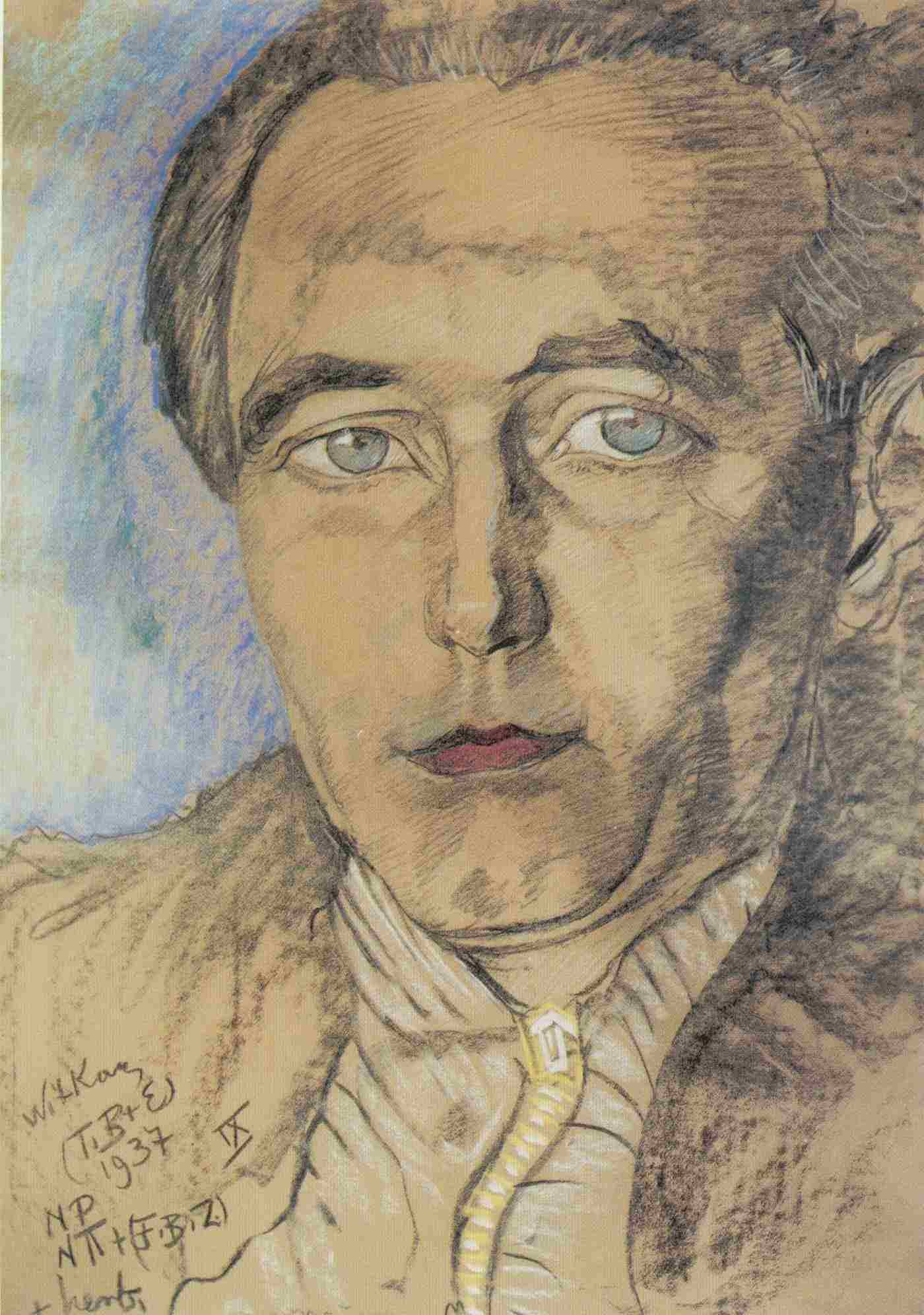
Roman Ingarden
Roman Witold Ingarden (/ɪnˈɡɑːrdən/; February 5, 1893 – June 14, 1970) was a Polish philosopher who worked in aesthetics, ontology, and phenomenology.
Roman Ingarden
February 5, 1893
June 4, 1970 (aged 77)
University of Göttingen
University of Freiburg (PhD, 1918)
Lwów University (Dr. phil. hab., 1925)
Ontology of the work of art
Before World War II, Ingarden published his works mainly in the German language and in books and newspapers. During the war, he switched to Polish out of solidarity with his homeland after the German invasion,[2] and as a result, his major works in ontology went largely unnoticed and undetected by the wider world and philosophical community. Nevertheless, Ingarden's writings have made some indirect cultural impact through the writings of his student and eventual Pope, Karol Wojtyla.
Biography[edit]
Ingarden was born in Kraków, Austria-Hungary, on February 5, 1893.[3] He first studied mathematics and philosophy at the Lwów University under Kazimierz Twardowski, then moved to the University of Göttingen in Germany to study philosophy under Edmund Husserl.[4] He was considered by Husserl to be one of his best and greatest students and accompanied Husserl to the University of Freiburg, where, in 1918, Ingarden submitted his doctoral dissertation with Husserl as director.[5] The title of his thesis was Intuition und Intellekt bei Henri Bergson (Intuition and Intellect in Henri Bergson).[6] Ingarden previously suggested that he transfer to Lwów and write a new dissertation under Twardowski due to an increasing tension between Germany and Poland but Husserl refused and was uninterested.[6]
Ingarden then returned to Poland, where he spent his academic career after obtaining his doctorate. For a long period, he had to support himself by secondary-school teaching.[7] During this period, one of his works - aside from his post-doctoral work in epistemology - was a review of the Festschrift written for Twardowski. This involved an analysis of Zygmunt Lempicki's "W sprawie uzasadnienia poetyki czystej" (On the Justification of Pure Poetics).[8]
In 1925 he submitted his Habilitationschrift, Essentiale Fragen (Essential Questions), to Kazimierz Twardowski at Lwów University. This thesis was noticed by the English-speaking philosophical community.[9][10] In 1933, the university promoted him as professor of philosophy.[9] He became well known for his work on The Literary Work of Art (Das literarische Kunstwerk. Eine Untersuchung aus dem Grenzgebiet der Ontologie, Logik und Literaturwissenschaft, 1931).[5] Particularly, interest in his works increased when the English translation of this text was released.[11]
From 1939 to 1941 during the Soviet occupation of Lwów he continued his university activity and lived in the Kraków area.[9] After the Operation Barbarossa 1941 under the German occupation Ingarden secretly taught students mathematics and philosophy. After his house was bombed, he continued work on his book, The Controversy over the Existence of the World.[5]
Ingarden became a professor at Nicolaus Copernicus University in Toruń in 1945 shortly after the war but was banned in 1946 under the Communist regime.[2] He then moved to the Jagiellonian University in Kraków, where he was offered a position.[9] In 1949, however, he was banned from teaching due to his alleged idealism, supposedly being an "enemy of materialism".[2] In 1957 he was reappointed at the Jagiellonian University after the ban was lifted, and so he went on to teach, write and publish.
Ingarden died on June 14, 1970, in Kraków as a result of a cerebral hemorrhage.[5]